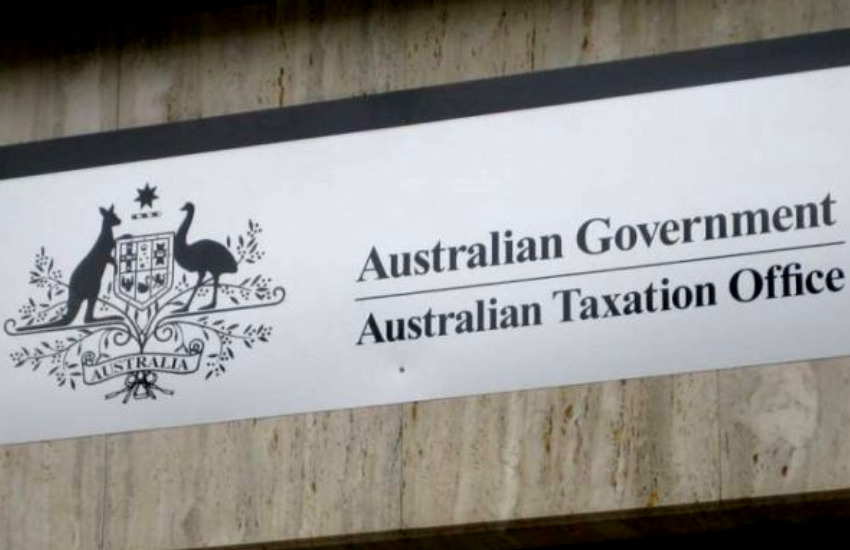Clients urged to take action with complying pensions
In light of the ATO’s guidance on reserves, members in receipt of complying pensions may want to consider resetting them as market linked pensions before it’s too late to take action, says a technical expert.
Topdocs national manager for training and advice Michael Harkin said the ATO’s guidance on the use of reserves last month is a timely reminder for members in receipt of complying pensions to consider resetting them as market linked pensions.
Mr Harkin said that while the ATO confirmed that a complying pension reserve is not on the ATO banned list, SMSF practitioners need to consider a much more pressing issue for clients which is what will happen to the assets supporting the pension on the death of the pensioner.
Where lifetime and life expectancy pensions were commenced, the member effectively exchanged their balance, or part of it, in the fund for the right to receive a pension, either for the term of their life expectancy or for the remainder of their life, Mr Harkin explained.
“In other words, the funds supporting the pensions do not belong to the members and, on completion of the term of life expectancy or the death of the pensioner will belong to the fund and be held in a pension reserve,” he said.
“However, the amounts in these accounts comprise an amount available to the trustee, not the member, to satisfy the trustee’s liability to pay the complying lifetime pension.”
In order to overcome the potential of the trustee having to deal with a pension reserve after the pension has ceased, he said, consideration may need to be given to commuting the pension during the lifetime of the pensioner.
As the lifetime and life expectancy pensions in SMSFs have been running for more than 12 years i.e. commenced pre-December 2005 and, considering the member’s age when the pensions are likely to have commenced, that consideration may be an urgent matter, he warned.
“Leaving action until the term expires or the death of the pensioner may preclude any ability to restructure the pension,” he said.
While complying pensions are generally non-commutable, one exception, he explained, is when the proceeds from the commutation are applied in the commencement of another complying pension.
“A market linked pension, although a complying pension, operates in similar fashion to an account based pension, in that the annual pension amount is based on the value of the underlying assets at the start of the year and on death, the remaining balance in the pension account can form part of the member’s death benefits,” he said.
Mr Harkin said this is a common reason why trustees choose to commute complying life expectancy or lifetime pensions and use the funds from that commutation to commence a market linked pension.
“If waiting for the term to expire, or the death of the pensioner, it will be too late to take action,” he warned.
“With complying pension recipients reaching quite senior ages, action should be taken sooner rather than later.”

Miranda Brownlee
Miranda Brownlee is the deputy editor of SMSF Adviser, which is the leading source of news, strategy and educational content for professionals working in the SMSF sector.
Since joining the team in 2014, Miranda has been responsible for breaking some of the biggest superannuation stories in Australia, and has reported extensively on technical strategy and legislative updates.
Miranda also has broad business and financial services reporting experience, having written for titles including Investor Daily, ifa and Accountants Daily.








